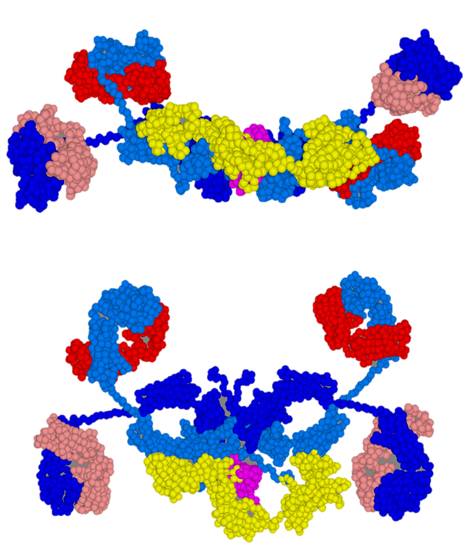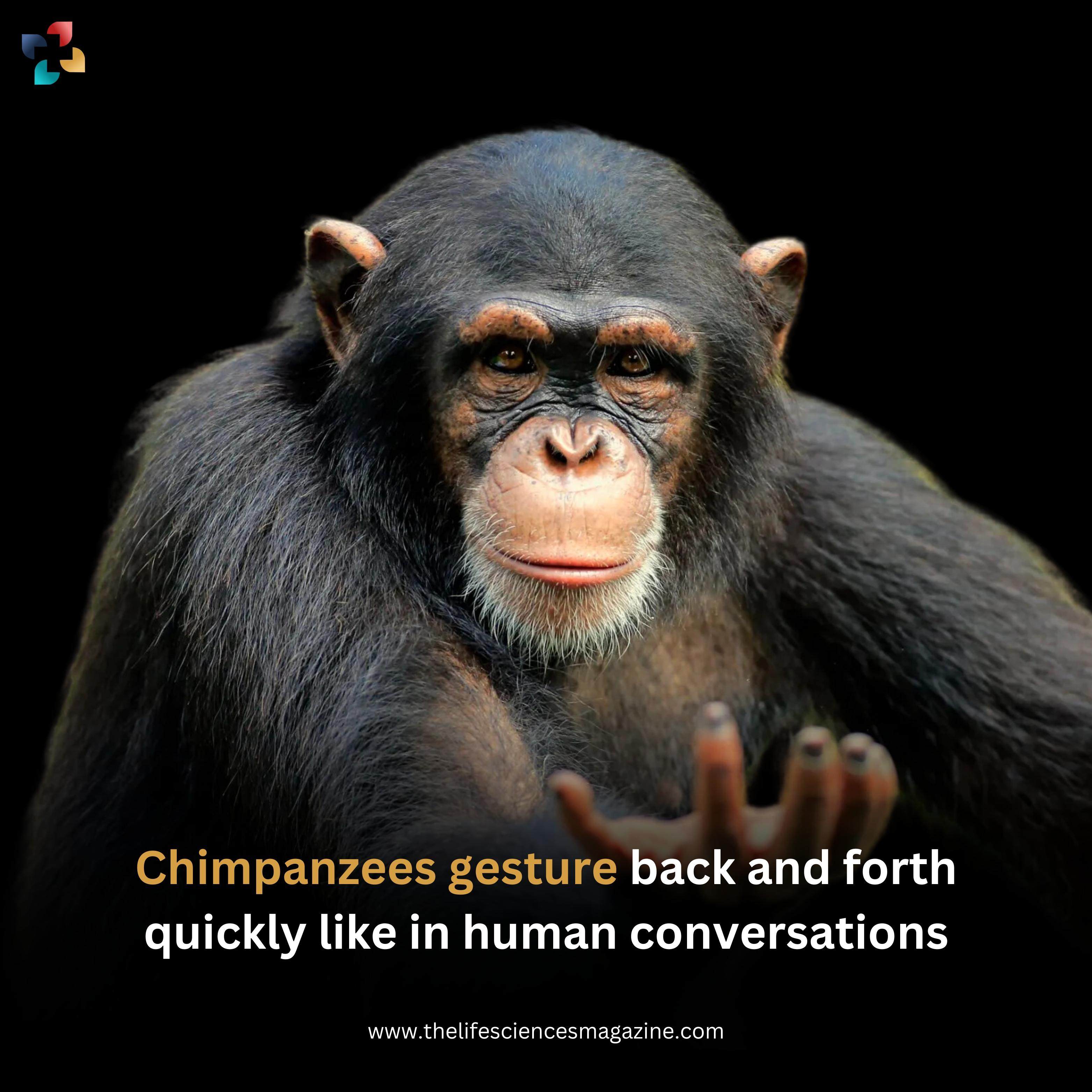This innovative platform can be used in conjunction with next-generation sequencing (NGS) to isolate monoclonal antibodies (mAbs) with paired heavy chain and light chain from a wide range of animals, including humans, rabbits, rats, mice, chickens, camelids, sheep, primates, dogs, cows, and so on.
2Principal Attributes and Benefits of the Anti-GlyTM Platform
3a wide variety of glycoprotein production systems, such as yeast, mammalian, insect, and plant cells in addition to Escherichia coli.
4Different screening techniques to find anti-glycoprotein antibodies
5Various species are accessible
6High throughput and sensitivity
7economical and quick turnaround
For more: https://www.creative-biola...
2Principal Attributes and Benefits of the Anti-GlyTM Platform
3a wide variety of glycoprotein production systems, such as yeast, mammalian, insect, and plant cells in addition to Escherichia coli.
4Different screening techniques to find anti-glycoprotein antibodies
5Various species are accessible
6High throughput and sensitivity
7economical and quick turnaround
For more: https://www.creative-biola...
08:25 AM - Aug 22, 2024 (UTC)
Ebola virus is an infectious virus which can cause a severe and often deadly illness known as Ebola hemorrhagic fever). The genus Ebolavirus mainly includes five subtypes, and EVD in humans is caused by four of five viruses: Bundibugyo virus (BDBV), Sudan virus (SUDV), Taï Forest virus (TAFV) and one simply called Ebola virus (EBOV, formerly Zaire Ebola virus). EBOV is the most dangerous of the known EVD-causing viruses. The fifth virus, Reston virus (RESTV), is not thought to cause disease in humans, but in other primates. https://www.creative-diagn...
07:07 AM - May 13, 2024 (UTC)
Researchers have discovered that chimpanzees communicate in rapid, back-and-forth gestures similar to human conversations.
Published on July 22 in Current Biology, the study analyzed over 8,500 gestures from 252 chimpanzees across five wild communities in East Africa. They found that chimpanzees engage in "conversations" with short pauses of about 120 milliseconds between gestures, mirroring the quick-paced turn-taking seen in human dialogue.
This suggests that both species might share underlying communication mechanisms. The study highlights that while human languages are diverse, the fundamental structure of rapid conversational exchanges might be more widespread among social animals. Future research aims to explore the origins and reasons behind these communicative behaviors.
Follow For More!
#chimpanzee #AnimalBehavior #sciencenews #greatapes #primates #wildlife #endangeredspecies #conservation #africa #forestlife #JungleLife
Published on July 22 in Current Biology, the study analyzed over 8,500 gestures from 252 chimpanzees across five wild communities in East Africa. They found that chimpanzees engage in "conversations" with short pauses of about 120 milliseconds between gestures, mirroring the quick-paced turn-taking seen in human dialogue.
This suggests that both species might share underlying communication mechanisms. The study highlights that while human languages are diverse, the fundamental structure of rapid conversational exchanges might be more widespread among social animals. Future research aims to explore the origins and reasons behind these communicative behaviors.
Follow For More!
#chimpanzee #AnimalBehavior #sciencenews #greatapes #primates #wildlife #endangeredspecies #conservation #africa #forestlife #JungleLife
09:29 AM - Jul 29, 2024 (UTC)
For decades, most of our understanding of brain development and diseases affecting the central nervous system (CNS) has been based on traditional two-dimensional cell cultures and animal models. While many experimental methods rely on rodents or non-human primates, the brains of these animals differ substantially from those of humans in terms of both their structure and function. Learn more about the applications of whole-brain organoids in research, please visit https://neurost.creative-b...
07:35 AM - Apr 02, 2024 (UTC)
Explore the Fascinating Mysore Zoo Animals – Plan Your Visit Today!
Discover the wild wonders of Mysore Zoo animals up close! From majestic tigers to playful primates, the zoo is home to a wide variety of species that delight visitors of all ages. Whether you're a wildlife enthusiast or planning a fun family outing, this is the perfect place to connect with nature. Visit our website for tips, entry details, and the best time to explore one of India’s oldest and most loved zoos!
Read More: https://www.kiomoi.com/att...
Discover the wild wonders of Mysore Zoo animals up close! From majestic tigers to playful primates, the zoo is home to a wide variety of species that delight visitors of all ages. Whether you're a wildlife enthusiast or planning a fun family outing, this is the perfect place to connect with nature. Visit our website for tips, entry details, and the best time to explore one of India’s oldest and most loved zoos!
Read More: https://www.kiomoi.com/att...
11:42 AM - Jun 04, 2025 (UTC)
Sponsored by
OWT
4 months ago
Dwngo social network website
Dwngo – The Social Media Platform! * Share your thoughts & ideas * Publish blogs & trending stories * Connect, engage & grow your networkJoin now & be part of the future of social networking! #SocialMedia #Blogging #Dwngo --https://dwngo.com/







